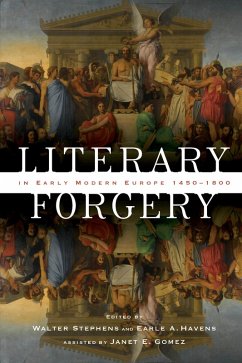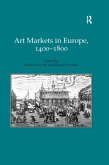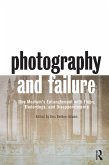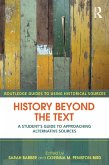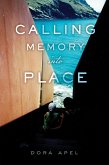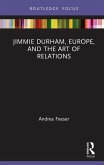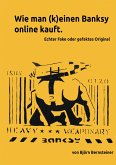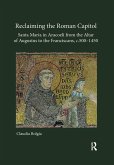"The essays gathered in this volume demonstrate that studyingearly modernEuropean literary forgeriesis a fascinating cultural adventure" (Lina Bolzoni author ofThe Gallery of Memory). This comprehensive study of literary and historiographical forgery goes well beyond questions of authorship. It spotlights the imaginative vitality of forgery and its sinister impact on genuine scholarship. This volume demonstrates that early modern forgery was a literary tradition in its own right, with distinctive connections to politics, Greek and Roman classics, religion, philosophy, and modern literature. The early modern explosion in forgery of all kinds-particularly in the fields of literary and archaeological falsification-demonstrates a dramatic shift in attitudes toward historical evidence and in the relation of texts to contemporary society. The authors capture the impact of this evolution within many cultural transformations, including the rise of print, changing tastes and fortunes of the literary marketplace, and the Protestant and Catholic Reformations. The thirteen essays draw on Johns Hopkins University's Bibliotheca Fictiva, the world's premier research collection dedicated exclusively to the subject of literary forgery. It consists of several thousand rare books and unique manuscript materials from the early modern period and beyond. Contributors: Frederic Clark, James Coleman, Richard Cooper, Arthur Freeman, Anthony Grafton, A. Katie Harris, Earle A. Havens, Jack Lynch, Shana D. O'Connell, Ingrid Rowland, Walter Stephens, Elly Truitt, Kate Tunstall
Dieser Download kann aus rechtlichen Gründen nur mit Rechnungsadresse in A, B, BG, CY, CZ, D, DK, EW, E, FIN, F, GR, HR, H, IRL, I, LT, L, LR, M, NL, PL, P, R, S, SLO, SK ausgeliefert werden.

